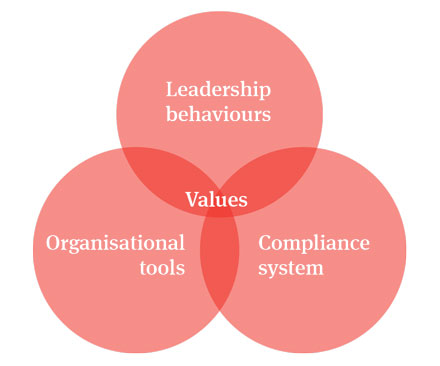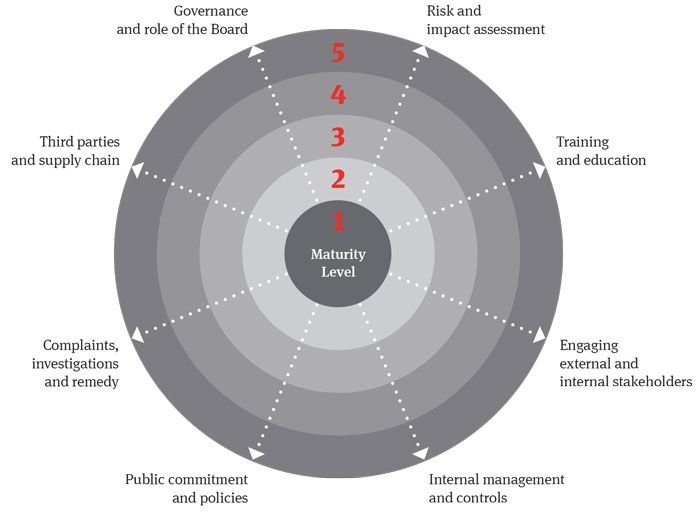The human rights imperative for businesses
The expectation on businesses to have regard to their social and environmental impacts is familiar to many corporates, especially those with a prominent public profile which depends on a strong reputation. Increasingly, however, companies are under scrutiny from regulators, investors, shareholders, customers, employees, the public and other stakeholders to demonstrate respect for human rights.

This means the onus is now on businesses to identify, prevent, mitigate and account for how they address their adverse human rights impacts. This, in turn, requires the implementation of governance processes and reporting mechanisms which take into account the most pertinent human rights issues which might arise due to a business’ operations, including those occurring in its supply chain.
In the absence of these controls, businesses in many sectors will find it progressively more difficult to satisfy the due diligence requirements of investors and potential customers, as well as increasing regulatory human rights reporting obligations which apply to them.
The regulatory context in brief
The UN Guiding Principles on Business and Human Rights were the primary catalyst for the shift towards the consensus that businesses need to proactively manage the risk of human rights abuses occurring due to their activities. The UN Guiding Principles emphasise that businesses need to ‘know and show’ that they respect human rights through policy commitment, human rights due diligence, the provision of remedy for those whose rights have been infringed and external reporting on human rights impacts. Since 2011, similar language has been incorporated into various other standards including the OECD Guidelines for Multinational Enterprises and the IFC Performance Standards on Environmental and Social Sustainability.
Reporting requirements
To date, new legislation has centred on promoting transparency through human rights related reporting requirements. Examples include the 2013 amendments to the 2006 UK Companies Act requiring directors to include information on human rights in their strategic reports, the UK Modern Slavery Act, EU Directive 2014/95 regarding the disclosure of non-financial and diversity information by certain large undertakings and groups, and the 2010 California Transparency in the Supply Chains Act. We have developed Business & Human Rights QuickCheck to assist you in identifying the requirements placed on your company by the latest legal and regulatory requirements in the area of business and human rights.
What is Business & Human Rights QuickCheck?
The Business & Human Rights QuickCheck is an independent and confidential review of the design of your business’ human rights compliance programme, carried out by our business and human rights lawyers, who combine their experience in designing and implementing business ethics compliance programmes with knowledge of key international standards, including the UN Guiding Principles, UN Guiding Principles Reporting Framework and OECD Guidelines for Multinational Enterprises. Further detail about how the QuickCheck works appears on page 5.




